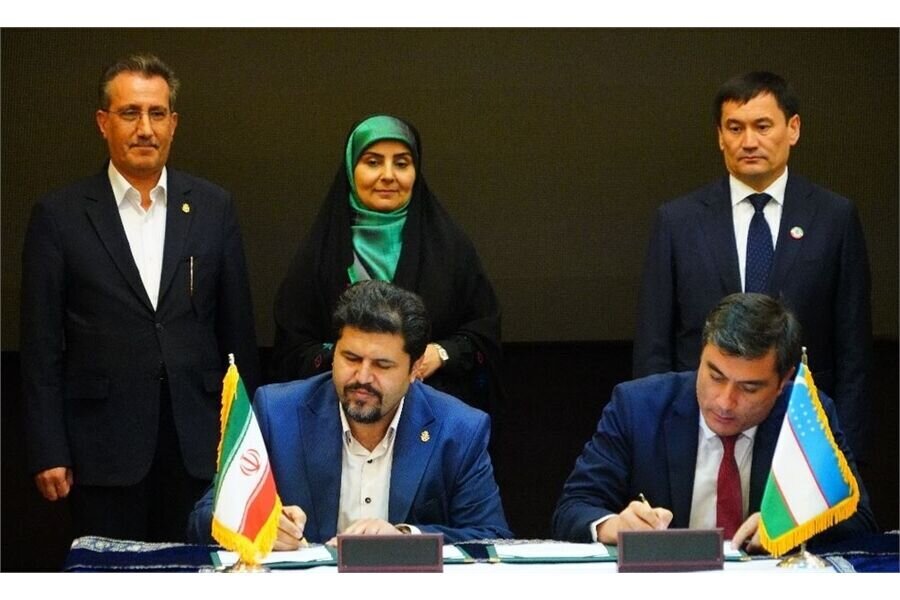
Similar Posts
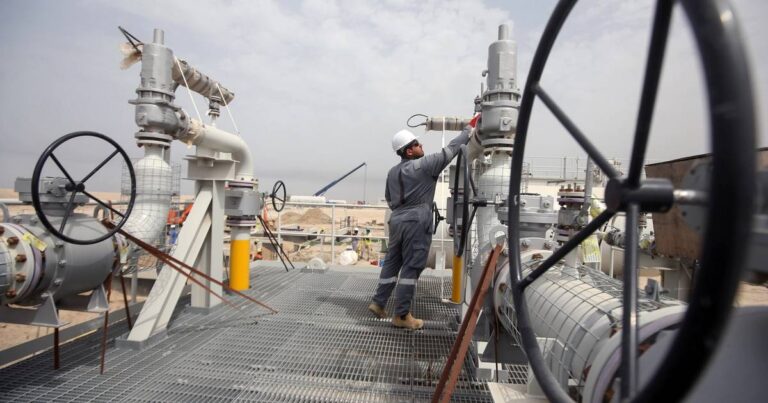
US Joins Baghdad Talks to Curb Iranian Oil Exports: A Strategic Move
A crucial meeting in Baghdad on Thursday will address the resumption of Kurdish oil exports to Turkey, with a US diplomat present, underscoring America’s efforts to boost global oil supply while limiting Iranian exports. The US aims to restart the Kurdish oil pipeline, seen as essential for countering Iran’s influence. Reports indicate that the Trump administration is pressuring Iraq to facilitate these exports, which could alleviate rising global oil prices impacted by geopolitical tensions. Meanwhile, Iran and Iraq are enhancing energy cooperation, complicating the regional oil landscape further. The outcome of the meeting will have significant implications for both local economies and global oil markets.
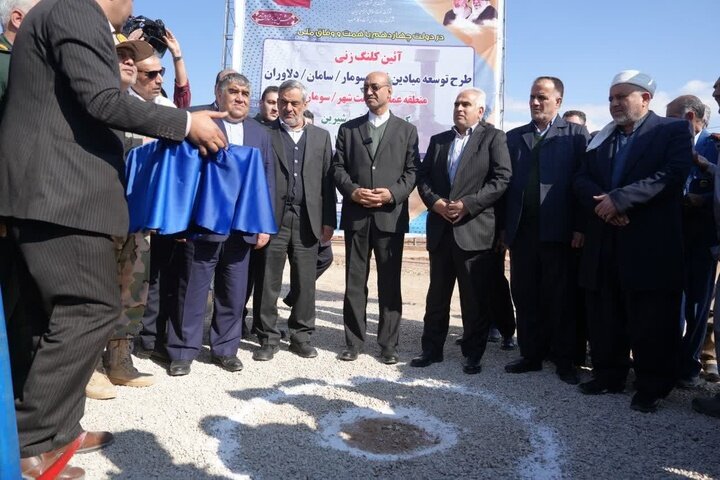
Oil Production Set to Soar by 10,000 BPD with New Developments in Three Key Oilfields
Iran has launched an oilfield development project in Naft-Shahr, aiming to boost national oil production by 10,000 barrels per day, backed by a $240 million private investment. The initiative, officially commenced by key officials, focuses on revitalizing the underdeveloped region, enhancing economic and social welfare for local communities. It promises job creation, infrastructure improvements, and increased local revenue, contributing to better living standards. The project also emphasizes security and stability, aligning with national goals to leverage Iran’s natural resources for growth. This development represents a significant milestone for both the local economy and the national oil sector.
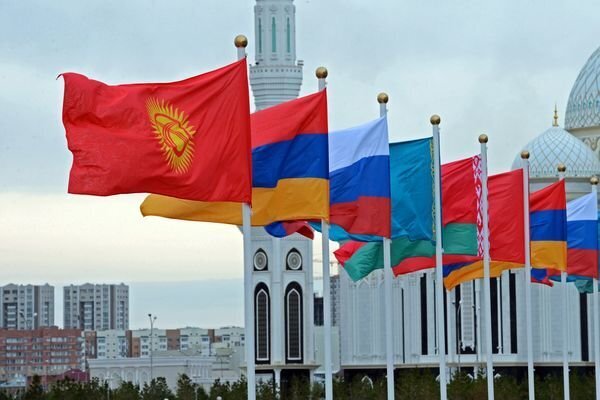
Iran-EAEU Trade Surges: TPOI Official Reports Doubling of Economic Exchange
Recent discussions between Iran and the Eurasian Economic Union (EAEU) have focused on enhancing transport corridors and trade infrastructure to boost trade relations. Officials stress the necessity of investing in infrastructure to support the Free Trade Agreement (FTA) and noted a 2.2-fold increase in trade since the Preferential Trade Agreement (PTA) began in 2019. Seyedi highlighted the government’s commitment to upgrading infrastructure and securing financial resources for development. Continued dialogues aim to facilitate smoother trade operations, unlocking economic growth opportunities for both Iran and EAEU member states, and fostering a prosperous trade relationship in the future.
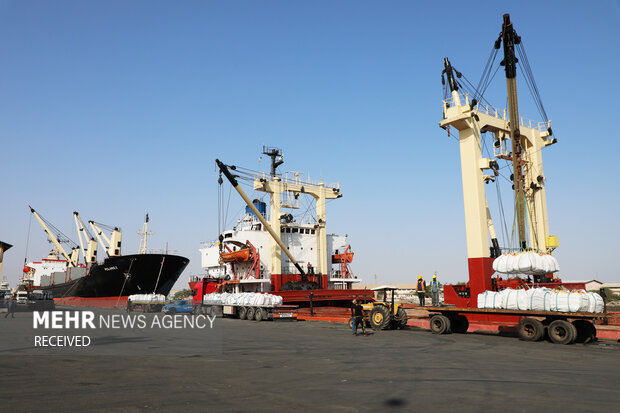
Iran’s Markazi Province Achieves $1.3 Billion in Exports Over 10 Months: A Trade Milestone!
Markazi province is witnessing significant growth in non-oil commodity exports, with a 25% increase in weight and value from March 21, 2024, to January 22, 2025, compared to the previous year. Governor Mehdi Zandiehvakili projected exports could reach between $1.3 billion and $1.5 billion by March 20, 2025. Emphasizing strategic planning, Zandiehvakili aims for the province to lead Iran in non-oil exports, focusing on infrastructure investment, market research, and capacity building for local producers. This initiative not only seeks to diversify the economy away from oil but also aims to create jobs and improve residents’ quality of life.

Top 5 Hypermarkets in Kuwait: Unbeatable Offers You Can’t Miss!
Kuwait’s hypermarkets are key players in the region’s retail landscape, known for their customer-friendly environments and extensive product selections. These stores cater to diverse consumer needs, offering everything from groceries to luxury items at competitive prices, often benefiting from price wars and regular discounts. The spacious layouts, exceptional customer service, and dedicated fresh food sections enhance the shopping experience. Additionally, many hypermarkets provide services like home delivery and loyalty programs. As they adapt to changing consumer preferences, including a focus on health and sustainability, Kuwaiti hypermarkets remain popular destinations for both locals and expatriates, poised for continued growth and innovation.
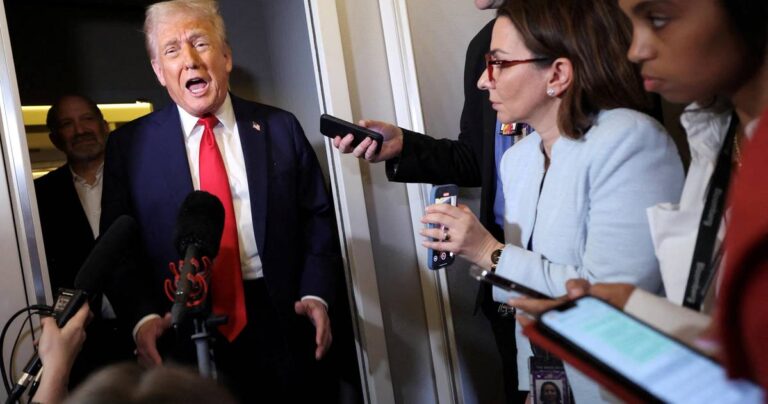
US Leverages Secondary Tariffs as a Strategic Weapon Against Iran
President Trump has threatened to bomb Iran and impose secondary tariffs if it does not abandon its nuclear ambitions. This strategy, central to his administration’s foreign policy, has had limited impact on Iran, which exported only $2.2 million to the U.S. in 2023. Secondary tariffs could disrupt Iran’s trade, particularly with countries like China and Turkey, which account for a significant portion of its exports. Iran’s reliance on rebranding its goods complicates its trade dynamics. U.S. sanctions on various Iranian exports, including oil and petrochemicals, further challenge Iran’s economy, raising concerns for global trade and diplomacy.